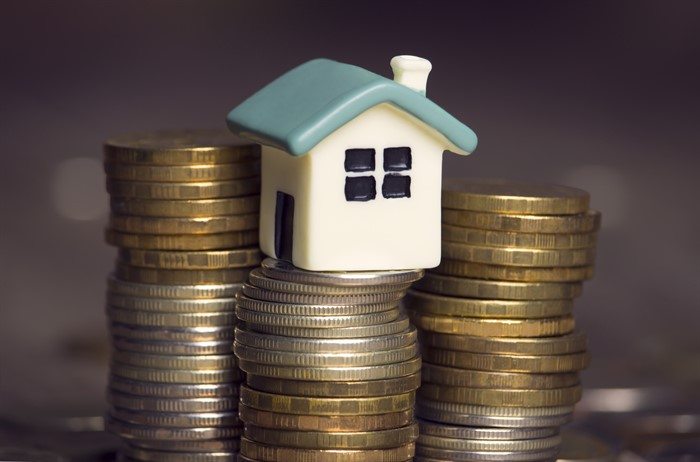Those people who know me (or who frankly take one look at my photo on our website) will soon realise I don’t have much hair. Part of the reason, aside from genetics, is that every time I hear someone say: “my house is my pension” I feel compelled to pull out a lump in frustration.
I tend to hear it most often when house prices are rising. That means, over the past few years, I’ve heard it a lot. The Nationwide House Price Index shows that the value of the average home in the UK has risen by around £44,000 over the past five years. Nevertheless, despite that growth, there are still many good reasons why you shouldn’t rely on your house to provide you with a pension.
Here are six:
1. It doesn’t produce an income
In retirement we need an income; for most of us that means a State Pension topped up by other pensions and perhaps savings or investments too.
The problem with your house? Simple, you live in it, so it doesn’t produce an income.
To put it another way: if you want your house to be your pension, you need to do something with it so it provides you with an income. But that’s easier said than done.
2. You probably don’t want to live with a stranger
The Rent a Room scheme is actually quite attractive, allowing you to earn up to £7,500 per year tax-free.
For some people, the thought of a lodger might be appealing; providing company and a degree of security. However, for others, the thought of sharing their home is enough to put them off this option.
That means, to create an income, we need to consider alternatives.
3. The downsizing myth
Most people who believe their property is their pension, plan to downsize at some point to release capital. The plan is then to invest that capital to provide an income.
But, it’s flawed.
Firstly, we generally find people are unrealistic about the amount of capital they can release. They over estimate the value of their home, under estimate the cost of their new home and forget to factor in fees, plus the cost of potentially upgrading their new home to the required standard.
Secondly, and perhaps more importantly, emotion. We are emotionally tied to our homes, it’s where our family grew up, we’ve invested blood sweat and tears in it, not to mention a considerable amount of money.
Thirdly, if you’ve lived in an area for a number of years, perhaps even decades, you will have ties there. Moving to a different area, which is often needed if you are to release the maximum possible amount of equity, means dealing with the emotion of leaving your home but also, potentially your friends and family.
4. Equity release
The other solution often put forward for creating income from your home is equity release.
In a nutshell, this creates a debt against your home, made up of the capital you access, plus interest rolling up each year, which is repaid when your home is sold, perhaps on your death.
Equity release makes us very nervous, in fact, so much so, we have never recommended an equity release product. For us, it’s a last resort, as the interest rolls up and can decimate, over a long period, the equity in your home.
5. It’s risky
Relying on your property to provide you with an income, even if you can overcome the other hurdles, is still very risky.
Despite popular perception, property values don’t always rise. If you wanted to sell at the time of the financial crisis, for example, you would have seen the value of your home fall significantly.
There’s a reason why we recommend our clients diversify their investments, it’s to avoid becoming over exposed to a single asset class, such as property.
6. Better alternatives?
If all I’ve said isn’t enough to convince you, let me give you one extra reason.
There are probably better alternatives.
Sure, when you sell your property you won’t pay tax on any gain due to the main residence exemption. But, you will probably have paid many tens of thousands, possibly more, in interest payments over the year.
Pensions, as an alternative for retirement planning, qualify for tax-relief and, if you are employed, will benefit from an employer contribution, further boosting your pot.
Impractical, emotionally difficult and risky
Hopefully I’ve proved that “my house is a pension” is actually a myth.
It’s impractical, because it’s hard to produce an income. It’s emotional, because we are tied to the property and our community. And it’s risky, because too many of your eggs are in one basket.
The answer? Plan properly for your retirement, using traditional methods (yes, sometimes tried and tested is the right place to be) and enjoy your home for what it is, a place to raise your family and grow old in.
If it goes up in value, great, younger generations will benefit from it when you are no longer around. But, first and foremost, it’s a place to live, not a pension for old age.






